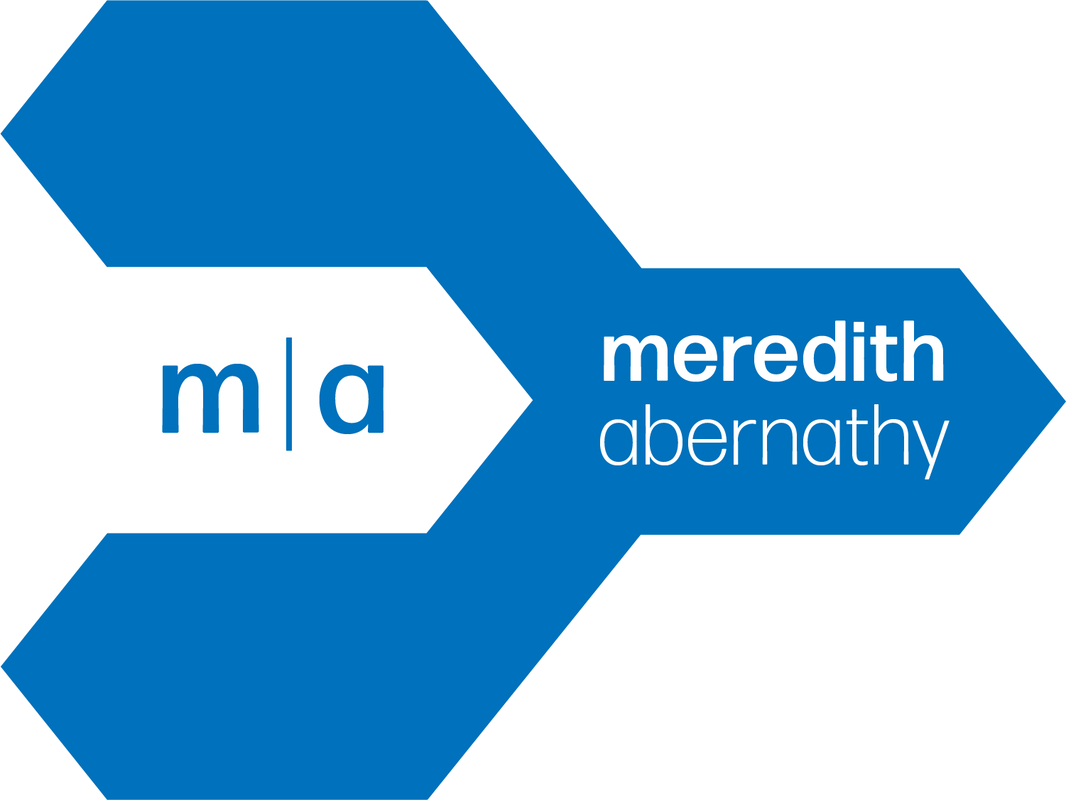|
First, writing is hard. And slow. I've been writing my current novel two years now. I'm nearing the end (I hope) but I know I have a least one more round of editing and beta readers, before I begin the process of publication.
Here are some more things I've learned about the writing process:
Some things I've learned about myself specifically:
1 Comment
Yesterday I sent my last chapters of Beyond the Mountain to my first beta reader. (Ideally, I would've sent the whole book at once, or at least sent the sections closer together, but I mis-guessed how long it would take me to finish this draft.)
After a few beta readers have read and commented, I'll have at least one more draft and another round of beta reading. But for now I'm setting the story aside and keeping an eye out for the next. Whatever story I write, I'm going to take at least 3 months mentally outlining it and researching before I write down anything more than my brainstorming. I'm going to go into this one with a plan. Writers often say they don't have trouble finding ideas, they have trouble deciding which of their ideas to choose and which to ignore for now. But personally I've been having trouble coming up with a plot idea. My best ideas usually come while I'm reading a novel--the premise/situation already exists, but I don't know (yet) how that book will end. My mind brews possibilities, and voila, an idea I can develop into a plot. By the time I have a beginning, middle, and end, it barely resembles the original anymore. For several months, though, I've been brainstorming for ideas for my next project after Beyond the Mountain is done, without results. About two days ago, this saying came to mind, and has stuck in there. (Unfortunately, I already can't remember how it came about.) I thought a novel theme could be, "Is it stronger to perservere, or to break out? (Conversely, is it weaker to go along, or quit?)" In other words, when your life is hard, but changing it would also be hard (or make it harder for someone else), what do you choose? Is it stronger to deny yourself for the sake of others/expectations, or to stand up for yourself? Also, today I read a novel that gave me a new plot idea. So I'm a little excited about that. Yes and no.
A coworker introduced me to Audible last year. We're housekeepers who clean lodging units between guests, so we can listen to music or books while we work. I looked up some of the books I was interested in, which ranged from 9 to 12 hours. I thought it was a great idea. How convenient to keep work more interesting, finish books in 2-3 days, and not feel guilty spending all those hours reading in bed. I've listened to some great ones. The Very Nearly Honorable League of Pirates by Caroline Carlson is a fantastic series - swashbuckling, hilarious, and piratical, yet still child-appropriate. And the narrator, Katherine Kellgren only improves it. I've also listened to others ranging from pretty good to decent. Sometimes the narrators are straightforward and a bit bland, but the stories usually keep me interested. So, to start on something positive, here's what I do like about audiobooks:
Plenty of people like audiobooks. If you're interested, give it a try. It could help you get to all the books you haven't had time for. It could help you enjoy reading again. Or for the first time. As a writer, I hope my future books have audio versions. But 7 months after joining Audible, I still can't get into it. I can enjoy listening to a book, but it can take me weeks to get through one when it's digital rather than live. At first I thought I just needed to get used to a new format, but for fiction it still feels like a chore. Here are my reasons and speculations why:
I like the idea of audiobooks. I like their convenience. But sadly I don't enjoy them as much as I'd like. |
Archives
October 2021
Categories
All
|

 RSS Feed
RSS Feed

